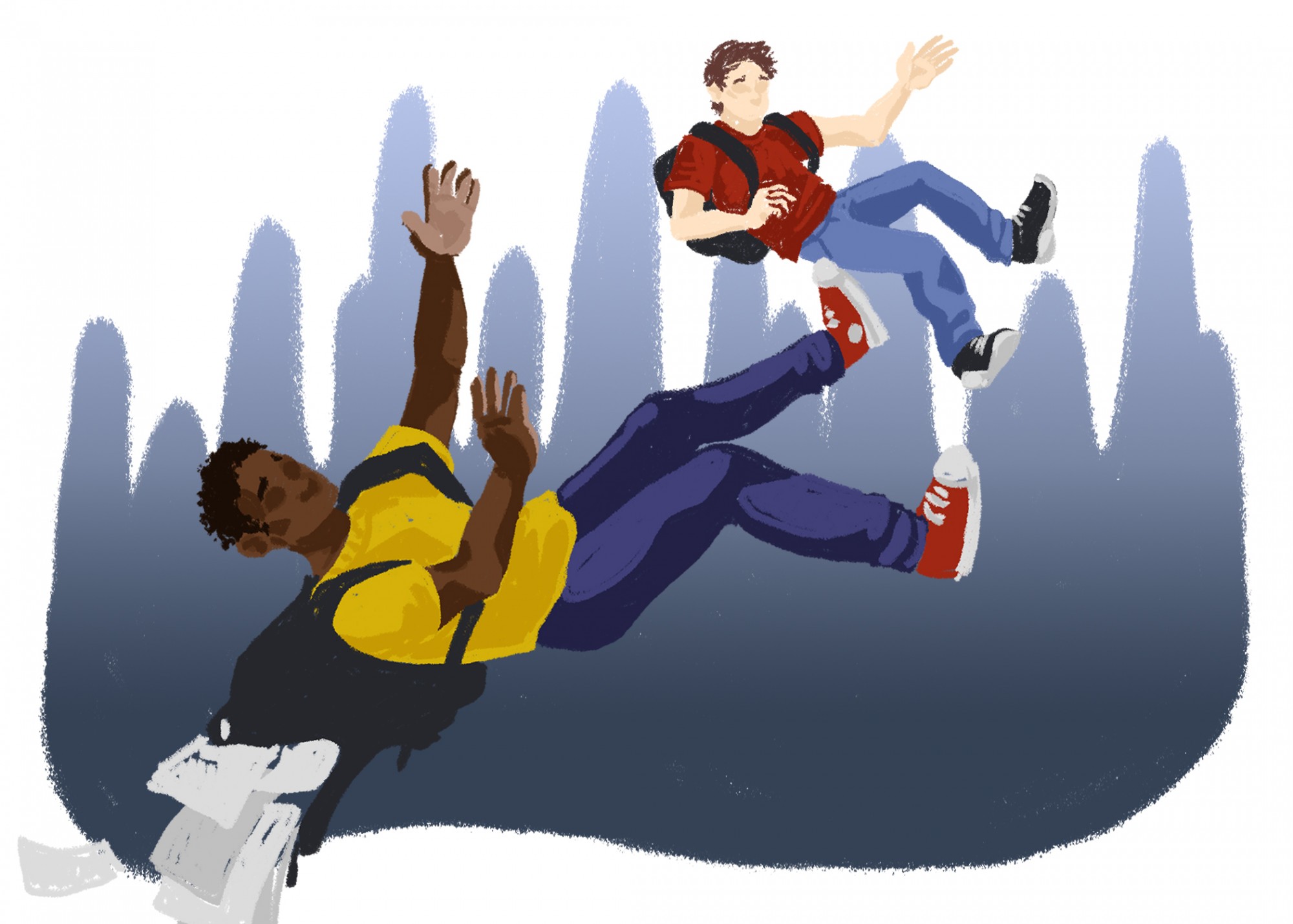As the University of Minnesota debates whether to continue online instruction into the fall semester, some students are wondering if they should wait to reenroll until in-person instruction resumes.
The University swiftly shifted to online teaching in the middle of March amid the coronavirus pandemic, and in the months since, some students have expressed concerns that the quality of education has decreased. Though the University and its instructors have made great efforts to make the transition to online-only instruction seamless, some students said they may reconsider taking a gap year if it is fully online.
Claire Hilgeman, a College of Liberal Arts senior academic adviser, said that most advisers have heard from a few students, especially international and out-of-state, who have said that they might take some time off if classes are online in the fall.
“These students pay a much higher tuition rate to attend the [University] than in-state students,” Hilgeman said. “If they cannot get the experience they wanted, they feel taking time off or paying less money for a school closer to their homes is best.”
The University has not formally made a decision on whether fall instruction will be remote, but it announced last month that summer classes will be taught solely online.
University junior Eric Servatius said that he has been strongly considering and talking to his parents about taking a gap year.
“For me, education is about much more than simply completing a predetermined number of courses just so you can get a degree that will get you a job,” Servatius said. “I think I would be shortchanging myself by taking a semester of courses online.”
Servatius said the issue of cost also led him to consider a gap year and added that the current situation limits students’ use of resources.
“I’m sure the University will put a lot of effort into making online courses as valuable as possible if that’s what they’re forced to do,” he said. “But in my opinion, I don’t think there is anything they can do to replace the experience of actually engaging in real-life discussions with your professors and fellow students.”
The University’s Global Programs and Strategy Alliance, which oversees all University travel systemwide, is convening a campuswide Fall 2020 Curriculum Planning Task Force to make plans and address issues that international students may face in light of the pandemic, said Caitlin Hurley, a University spokesperson, in an email to the Minnesota Daily.
Les Opatz, director of advising and student support services for CLA, said that they have heard student concerns about the online format for some of their fall classes, but most students are planning to enroll in fall regardless of the class format.
The University is working through several scenarios and contingency planning, including exploring some options for courses that require an in-person element but could still adhere to small numbers and social distancing requirements, Opatz said.
“Although the switch to remote learning was very abrupt this spring, the university has been working with faculty and instructors to ensure that courses are better aligned with an online pedagogical approach, if we are remote in the Fall,” Opatz said in an email.
Opatz also said that students should have a better experience this fall since faculty have gone through scenarios and additional planning.
University sophomore Ellie Nguyen, president of the Vietnamese International Student Association, returned to Vietnam a month ago and said that though she has not finalized whether to take a gap semester, she does not want to fulfill the rest of her degree requirements with online classes.
Nguyen said that she personally does not enjoy virtual teaching because she thinks it decreases motivation and teaching quality.
“I felt a lack of connection with the lecturers and my classmates. Some projects were also canceled, and I know they would be super beneficial to us …” Nguyen said. “Therefore, if the [University] continues online teaching in the fall semester, I think it would harm students’ opportunity to absorb knowledge and put class materials into practice.”
Nguyen also said that since international students need to pay a lot of money to study abroad, she wants to get the best out of this experience.
University international student Khoa Le from Vietnam said he is having issues with his visa. He returned to Vietnam but cannot renew his visa, which will expire in August.
“If things are going online, I hope that I will be able to take classes from home and hope that the [University] has plans for supporting students in different time zones,” Le said in an email. “If taking online classes in another country is not possible, I would take a gap semester/year, depending on the progress of the pandemic.”
Le added that if the spread of the virus in the U.S. is still severe, he will consider transferring to universities in a country “that has better control over COVID-19.”
Opatz recommended that students who are concerned about fall classes work with academic advisers.













